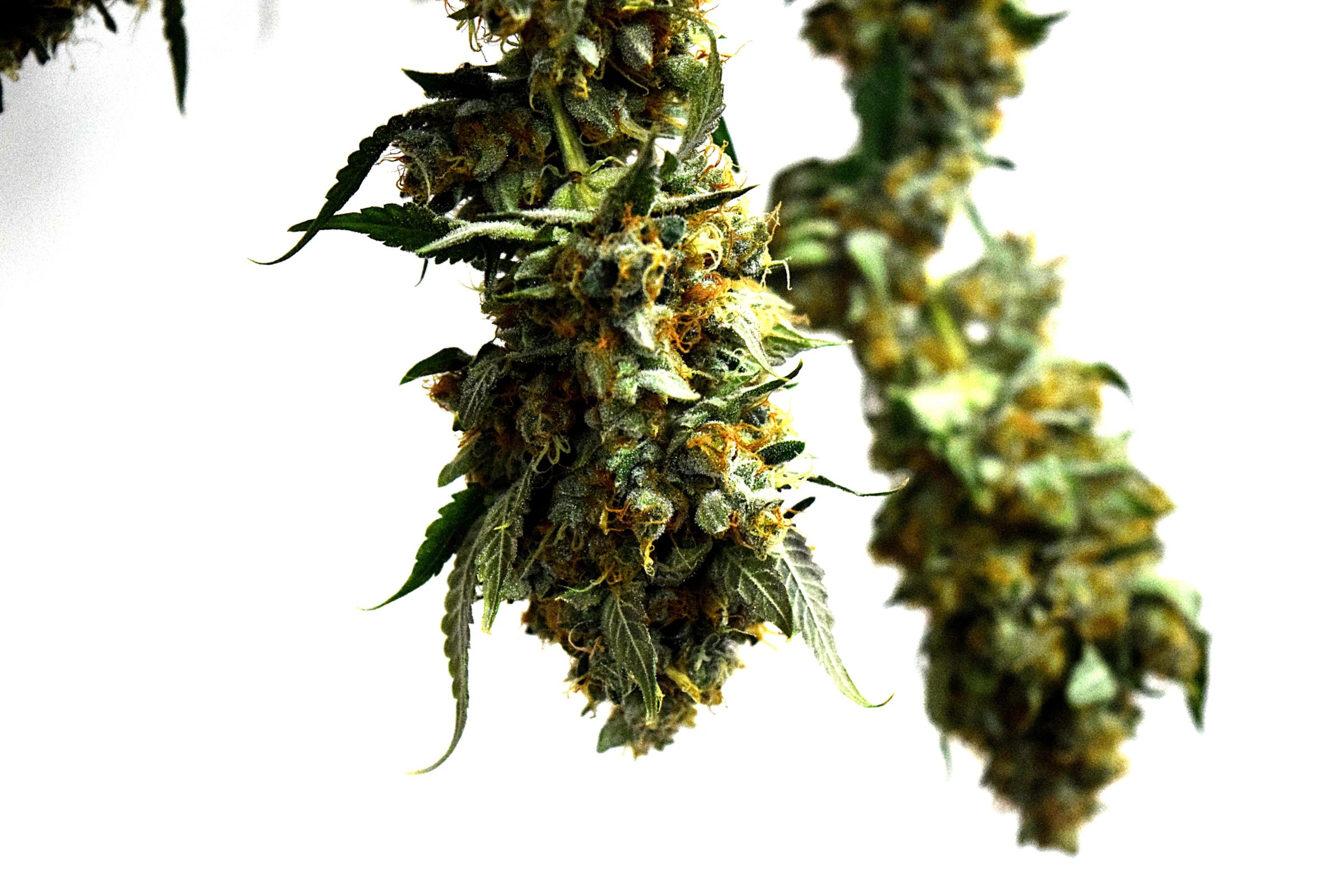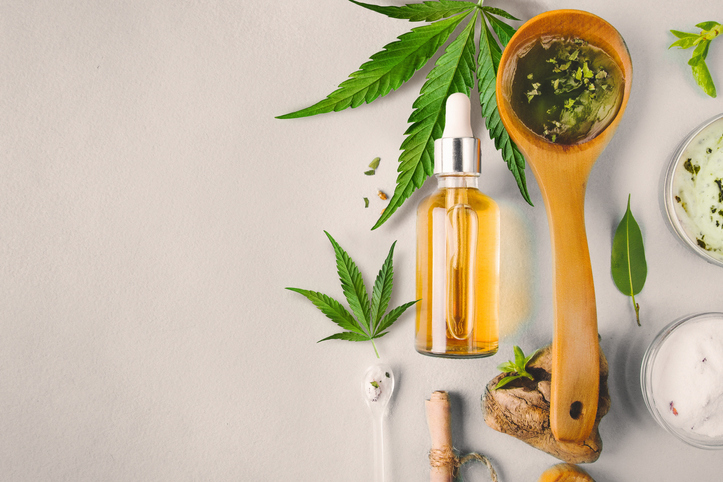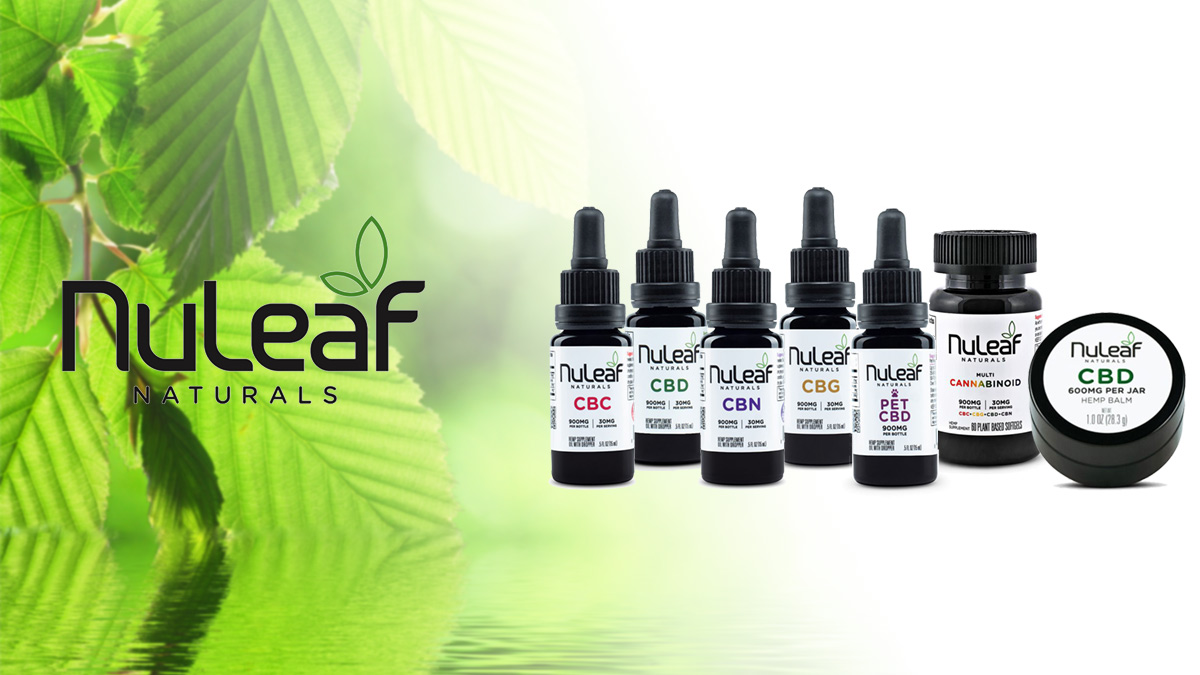
CBD's chemical structure is an important aspect of understanding its pharmacological characteristics. It is bicyclic and contains a hydroxyl groups (see Fig. 1). This structural difference gives CBD a different pharmacological profile to THC.
Cannabinoid biosynthesis: Chemistry
The cannabinoids that are found naturally in Cannabis sativa (such as THC, CBD) are biosynthesized from an alic precursor called cannabigerolic, or CBGA. This acid is then cyclized by cannabigerolic acid synthase into tetrahydrocannabinolic acid (THCA) and cannabidocannabinolic acid (CBDA), which then enter the endocannabinoid system to interact with cannabinoid receptors on various cell types in the body.
The brain has been shown to experience a wide range of effects from euphoria to relaxation, mood changes, increased appetite, pain relief, and more. The endocannabinoid process is also involved with regulating other functions like memory and metabolism.
Cannabinoid derivatives
A number of synthetic cannabinoid derivatives have been developed, and they all have unique pharmacological profiles and potential applications. They are anti-inflammatory, neuroprotective, and immunomodulatory.

They can also be used as antiemetic agents or to alleviate the side effects of chemotherapies. Some of them have been shown not to cause biofilms by Streptococcus mutagens, which can lead to dental caries.
Many are being used in clinical trials for various conditions including multiple sclerosis, cancer, epilepsy, and neuropathy.
Cannabinoid products are also being researched for their anti-inflammatory or antioxidant properties. They are useful in treating osteoarthritis as well as rheumatoid.
A growing interest is being shown in the modification of cannabinoid structure to increase their pharmacological properties. One example is the modification of the two-ring structure that makes cannabidiol more pharmacologically active.
For example, one study reported that a cannabinoid derivative called HU-210 was 100-800 times more potent than THC in terms of its anti-inflammatory effect. It is a highly versatile compound that can be used to treat several inflammatory conditions and also has anti-anxiety, antiemetic and spasmolytic properties.

A sustained-release varnish that contains triclosan, cannabidiol and cannabidiol is more effective than any component on its own at preventing the formation of bacterial biofilms. This new tool is promising in fighting the spread of oral infections like S. mutans.
Beilstein, the largest database of information on chemical derivatives can be used to search these compounds' CAS Registry numbers. A quick and simple search can be made by entering RN= followed with a CAS Registration Number in the lower right window of Beilstein.
If the search fails, please contact us for assistance.
In the last few years, many new synthetic cannabinoid products have been developed. Some of these are safer than THC and more active than THC.
FAQ
Does CBD help with anxiety?
CBD oil has the ability to alleviate anxiety by interfacing with certain receptors within the brain, CB1 and CB2. The endocannabinoid (Endocannabinoid) system regulates mood, stress and responses.
Our bodies activate the CB1 receptor when we feel anxious. When activated, the receptor sends signals back to the amygdala that is responsible for emotional processing.
When the CB1 receptor blockage occurs, the amygdala is unable to receive the signal necessary for processing emotions. People who use CBD have fewer negative emotions.
2017 research showed that CBD has been shown to reduce anxiety in those suffering from socialphobia. Another study revealed that CBD helped reduce symptoms of PTSD.
A 2018 review concluded CBD's anxiolytic qualities could be helpful in treating generalized anxiety disorder.
Another study concluded that CBD may help with panic attacks.
However, several studies have shown that CBD actually increases anxiety levels in mice.
The difference in results between animals and humans could be explained by differences in the way that CBD is metabolized in different species.
CBD does not have any safety data. Most experts agree that CBD can be safely used when it is directed.
What CBD products do you sell most?
CBD products are everywhere these days. CBD products are popular for their ability to relieve pain and anxiety. The market is growing rapidly and is very large.
But for what purpose do people buy CBD? And what does it mean for you, as a brand owner?
Well, according to Statista, CBD products are being bought for their relaxing effects. They are also being purchased for their anti-inflammatory properties.
If your product contains both CBD and THC, it can be used for medicinal and recreational purposes.
But what about brands that only focus on one specific purpose? For example, if a company sells CBD for stress relief, then it won't have much competition.
A brand that focuses on CBD for medicinal purposes will also have a large customer base.
However, a brand that wants to target recreational customers must develop a unique selling message (USP). A USP is essentially a benefit or feature that distinguishes a brand from its competitors.
For example, certain brands offer free shipping. Others offer discounts for bulk orders.
Can CBD be a part of the future?
Yes. It's not because it has medical benefits, but rather because it can help people feel better and not get high.
It's a good alternative to prescription drug because you won't feel any different from when you take it.
As we have seen in studies, cannabis has been shown to be effective in treating pain, anxiety and depression.
Cannabinoids, also found in cannabis are thought to interact with our brain receptors. This interaction leads to feelings of relaxation.
Cannabidiol (CBD), oil can be used for health purposes. It's therefore important to fully understand its functions and effects.
Is the CBD industry saturated?
The CBD industry is experiencing a growth rate of over 25% annually. This growth is expected not to stop for at least five more years. According to industry projections, it will grow from $2 billion to $5 billion by 2020.
Canndoc Ltd and GW Pharmaceuticals are the dominant players in the CBD market. Both companies are focused in developing pharmaceutical-grade products. Both have not been very successful to date. Both are struggling to get traction on market.
Cannabidiol or CBD is a form of cannabis extract with less than 0.3% HHC. It doesn't produce any psychoactive effects. It is used as a treatment for epilepsy and other medical conditions. It is also used to supplement a diet.
There are many varieties of CBD products. Some CBD products are made from whole plant extracts while others contain CBD.
All these products have in common that they contain low levels of THC.
They are now legal under US federal laws. You still need to comply with local laws when you sell CBD products. Always check your state's laws regarding CBD products.
Some states also make CBD products illegal. These states include California, Colorado and Mississippi, Missouri. New York, North Carolina. Ohio. Oklahoma. Oregon. Rhode Island. South Dakota. Texas. Utah. Virginia. Washington.
If you live in one of these states, then you will probably want to avoid making CBD products.
How much CBD do you need?
The product type you're using will affect the amount of dosing.
The majority of CBD oils are available in strengths between 100mg and 1,000mg per bottle.
Some CBD products are made with precise dosages.
For example, the company Charlotte's Web makes CBD products with precise amounts of CBD and other cannabinoids.
If you're unsure whether or not CBD will work for you, start with a low dose.
You can always move up later.
Statistics
- A recent systematic review of human trials also reported that individuals with epilepsy receiving CBD (5–20 mg·kg−1·day−1) were more likely to experience decreased appetite than those receiving placebo (i.e., ~20 vs. 5% of patients) (ncbi.nlm.nih.gov)
- As a substance that was federally illegal before the passage of the 2018 Farm Bill, hemp-derived cannabinoids with no more than 0.3% THC still face a regulatory grey area. (forbes.com)
- CBD seems unlikely to directly influence sleep in healthy humans [115] (and maybe “sleep-promoting” in those with certain comorbid conditions) (ncbi.nlm.nih.gov)
- HR −16 mmHg; 95% CI −26, −6; I2 = 92%) (ncbi.nlm.nih.gov)
- OralWhere HED is the human equivalent dose, and Km is a correction factor estimated by dividing the average body mass (BM) of the species (60, 0.020, and 0.150 kg for 11 humans, mice, and rats, respectively) and by its surface area (see: Nair et al. (ncbi.nlm.nih.gov)
External Links
How To
How to Get Certified for Selling CBD Products
CBD (cannabidiol), is one of hundreds of cannabinoids in cannabis plants. It has been used medicinally throughout history. This includes in South America, China, India and China. Due to its ability treat conditions like anxiety and pain, epilepsy, inflammation, and other ailments, it has become increasingly popular. However, CBD products cannot be sold by anyone unless they are certified by the U.S. This means that any person who wants to sell CBD products must use the "unofficial" process called self-certification.
There are two ways to go about this. The first way is to join an association of local cannabusiness owners. This will allow you to share your knowledge with others, as well as receive advice and support. There are many organizations in the United States. There are two options. The first is to open an online business. Online canna-businesses are now allowed in most states. If so, then you can set up your own website and begin taking orders right away. However, registration is required with your state Department of Public Health. After you have registered, you can apply for a license from your state's Department of Public Health. Once you have your license, it is legal to open your shop and accept orders.